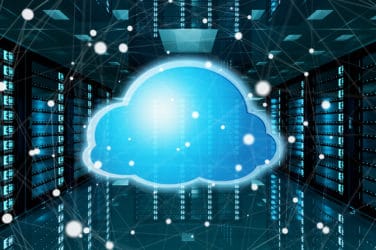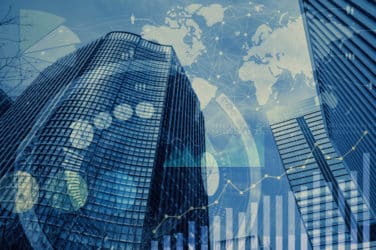Markets Media caught up Bob Santella, Chief Executive Officer at IPC, to discuss Disaster Recovery as a Service (DRaaS).
What is Disaster Recovery as a Service?
Disaster Recovery as a Service (DRaaS) provides financial market participants with a turnkey voice trading solution for their business continuity needs. It is a SaaS service that allows all traders within a firm to have ubiquitous access to a custom designed virtual trading desk from any global location.
How can DRaaS be useful for trading desks in the current environment?
Amid the ongoing COVID-19 crisis, an open trading floor filled with personnel presents a significant potential health risk. However, it is often difficult for traders to work from home due to regulatory requirements, such as the need to voice-record transactions. Furthermore, security concerns are paramount as well, as most firms do not want to be handling multi-million-dollar transactions over the public internet.
DRaaS is a virtual trading desk that works from any location during an emergency, allowing for full access to trading counterparties, voice recording and assistance with trading compliance, network security and more. In essence, DRaaS sets up traders for business anywhere with essentially the push of a button.
What are the limitations/challenges associated with DRaaS?
The limitations are fairly minimal. For instance, DRaaS is agnostic to the customer’s existing voice technology, meaning that it is designed to work with all trading systems and other endpoints. It also uses a subscription model, as it affords firms the ability to support any number of trading positions for their business contingency requirements in a flexible manner.
One thing that does not come with DRaaS is supplementary desktop hardware (i.e. microphones, button boards, handsets, etc.), which are popular options to help configure a trader’s desktop. These options can be purchased for an additional, one-time cost. Of course, it is impossible to replace the energy of a trading floor, but DRaaS keeps your traders working.
What are trading desks asking for from DRaaS currently?
DRaaS is in high demand due to the COVID-19 situation. For example, many large, multinational trading firms are now rotating their traders in shifts between different locations, resulting in employees having to start work days much earlier and commute to backup facilities. More and more of these firms are now exploring DRaaS as a much more convenient and sustainable alternative.
What is the future of DRaaS?
Even before the ongoing health crisis, remote and mobile workforces were clearly the direction almost every industry was headed. However, the financial sector has to-date understandably been stymied by regulatory and security hurdles. We are excited about DRaaS because we see it as more than another product, but the beginning of a shift in mindset for the financial markets that traders and other industry participants can also reliably and securely engage in the mobile workforce.







